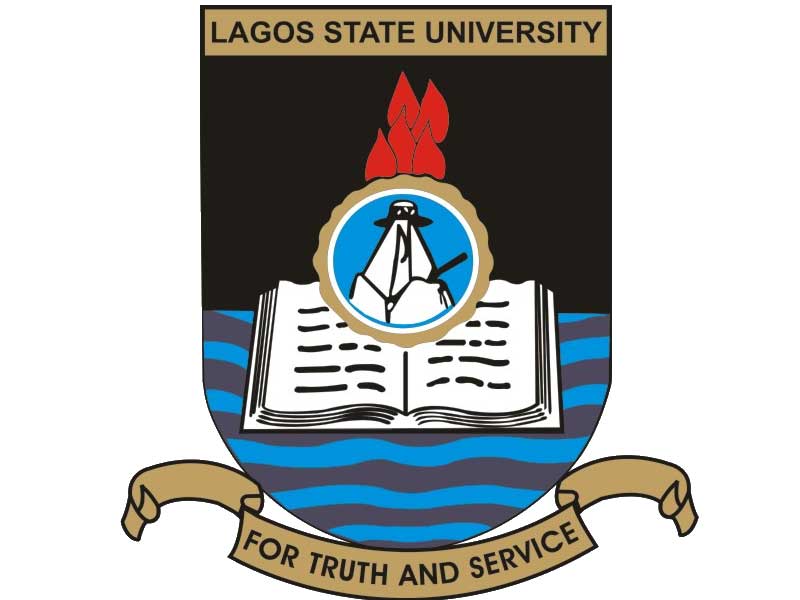Don urges NUC to incorporate virtual space for varsity accreditation
Don
By Henry Oladele
Prof. Ibrahim Olateju of the Department of Management Technology, Lagos State University (LASU), has called on the National Universities Commission (NUC) to incorporate virtual space as a criterion for programme accreditation in Nigerian universities.
He made this appeal during the 106th edition of the LASU inaugural lecture series held at the Buba Marwa Auditorium, LASU, Ojo, on Tuesday in Lagos.
The News Agency of Nigeria (NAN) reports that the lecture was themed: ‘Balancing Innovation and Stability in Project Quality Management: The Roles of Challengers and Defenders for Sustainable Development.’
Prof. Olateju emphasized that the NUC should integrate virtual space into the accreditation process for university programmes.
“The NUC should identify and integrate virtual spaces as one of the criteria for programme accreditation within our universities.
“This will ensure that institutions are equipped to offer and manage online and hybrid learning environments effectively,” he said.
He further stressed the importance of continuous quality appraisals throughout the training period across all disciplines.
“This approach ensures ongoing assessment and improvement, rather than relying solely on end-term evaluations.
“The practice of using a specified calendar for one-off examinations as the primary method of student appraisal should be discouraged.
“Instead, a more holistic assessment approach should be adopted and also revise the appraisal ratio,” he said.
Prof. Olateju recommended reversing the current 30/70 appraisal ratio in favor of continuous assessments, proposing a 70/30 split.
“This shift will provide a more accurate reflection of students’ abilities and consistent performance over time.
“Each university should establish an examination bank to serve as a repository for examination questions.
“This resource will support the standardisation and improvement of assessment practices across institutions,” he added.
He believes these recommendations will foster a more dynamic and accurate assessment system, ultimately enhancing educational quality and better preparing students for future challenges.
Speaking on the lecture theme, Prof. Olateju explained that quality management involves overseeing all activities and tasks required to maintain a desired level of excellence.
“This includes four key components: quality planning, quality assurance, quality control, and quality improvement.
“The goal of quality management is to ensure that an organisation, product, or service consistently meets specified specified standards, as well as customer and regulatory requirements,” he said.
He noted that quality management in Nigeria is evident in organisations that have adopted international standards to improve their operations.
“Research on quality management in Nigeria highlights the impact of various practices on organisational performance,” he said.
On project management, Prof. Olateju highlighted the significant role of smart technologies in enhancing sustainability.
“These technologies provide real-time data for decision making, decrease operational defaults, and have notable economic and environmental advantages.
“By integrating these roles within quality management frameworks, organisations can optimise processes, reduce inefficiencies, and enhance sustainability.
“This dual focus not only mitigates the cost of poor quality but also positions organisations as leaders in delivering value and fostering innovation.
“Ultimately, viewing quality as a strategic asset that drives sustainable growth and development helps align business practices with global goals,” he said.
He concluded that such organisations contribute meaningfully to the achievement of Sustainable Development Goals (SDGs) and secure long-term success. (NAN)
Edited by Chinyere Joel-Nwokeoma




